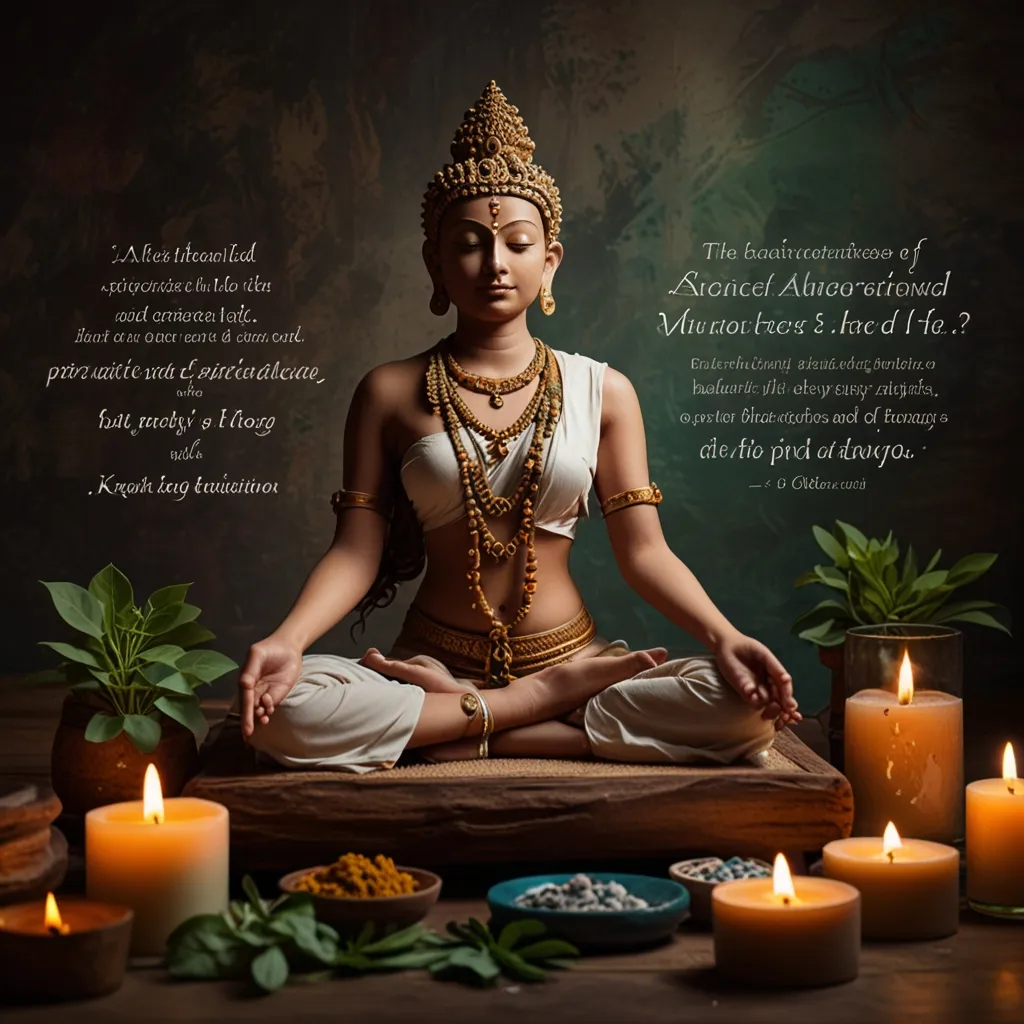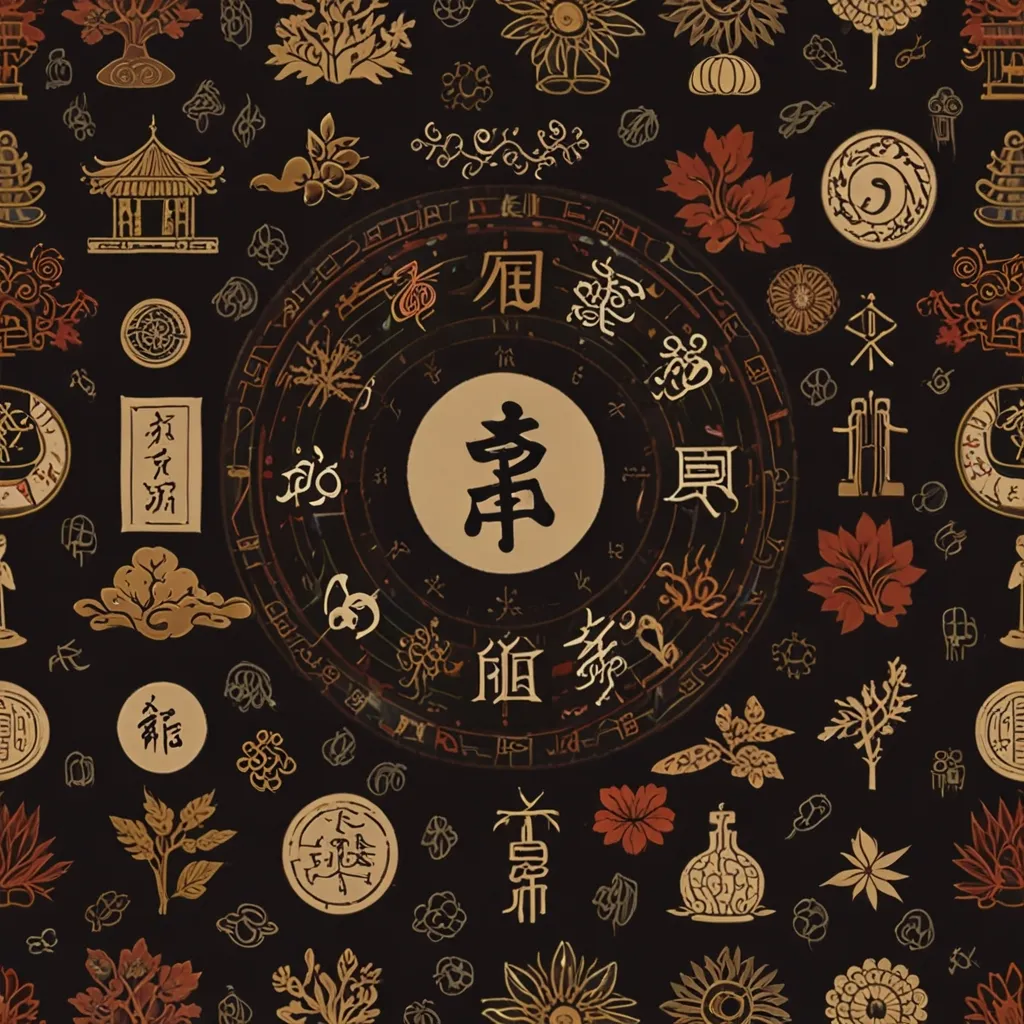Ayurveda, often hailed as the “Science of Life,” is one of the world’s oldest and most revered healing systems. Originating in India over 5,000 years ago, Ayurveda has been a cornerstone of traditional medicine, drawing from a deep well of ancient knowledge. The word “Ayurveda” comes from the Sanskrit words “ayur” (life) and “veda” (knowledge), encapsulating its essence: a deep understanding of life and health.
This ancient system is all about interconnectedness. It sees the body, mind, and spirit as a unified whole and strives to create a balanced and harmonious life. Each person has a unique constitution, known as “prakriti,” determined at birth. This prakriti is made up of a mixture of three fundamental energies or doshas: vata, pitta, and kapha. Vata is linked to motion and communication, pitta to metabolism and energy, and kapha to structure and lubrication. Balancing these doshas is crucial for maintaining good health.
Ayurveda emphasizes prevention and encourages maintaining health through a balanced lifestyle. This means paying close attention to diet, daily routines, and using herbs to keep everything in check. Every person responds differently to life’s various elements, and Ayurveda provides personalized guidance to help maintain balance. For instance, someone with a predominant vata constitution might need routines that stabilize their energy, while a person with a pitta constitution might need to skip spicy foods to keep their metabolism steady.
Assessing health in Ayurveda involves various techniques. Practitioners look at signs and symptoms of illness through questioning, observation, and physical exams. They might use methods such as pulse diagnosis, tongue analysis, and checking the eyes and physical form to get a clear picture of the patient’s condition. Based on this, they recommend suitable treatments, which could be lifestyle tweaks, dietary changes, herbal remedies, and cleansing programs like panchakarma.
Panchakarma is a comprehensive detox and rejuvenation program aimed at eliminating toxins and restoring balance in the body. It generally includes a series of steps like massages, herbal therapies, and other cleansing techniques. This process preps the body for better nutrient absorption and waste elimination, promoting overall health and well-being.
But Ayurveda is not just about physical health. It integrates natural therapies like yoga and meditation to foster mental and spiritual well-being. These practices reduce stress, improve mental clarity, and create a powerful sense of overall well-being. This holistic approach ensures that health treatments address the mind and spirit, not just the physical body.
Despite its ancient origins, Ayurveda has been evolving to meet modern needs. There’s growing interest in blending Ayurvedic principles with modern medical practices. Researchers are busy validating the scientific basis of Ayurvedic treatments, which might just lead to broader global acceptance. This mix can help develop new herbal drugs and boost the effectiveness of existing treatments.
However, there are hurdles. Many Ayurvedic drugs and treatments haven’t been thoroughly studied using modern scientific methods. More rigorous research is needed to establish their safety and efficacy. Additionally, the lack of standardized Ayurvedic training and certification in many countries makes it tough for practitioners to gain recognition.
In India, Ayurveda is treated as a legitimate form of medical care, on par with conventional Western medicine. Practitioners go through state-recognized training with established standards for education and certification. But in places like the United States, Ayurvedic practitioners aren’t licensed, and there’s no national standard for training or certification. This regulatory gap means that Ayurvedic meds often get classified as dietary supplements rather than drugs, so they don’t have to meet the same safety and efficacy standards as conventional medicines.
Even with these challenges, Ayurveda is still a valuable health system offering unique perspectives on wellness. Its focus on personalized treatment, holistic health, and natural remedies attracts those seeking alternative or complementary therapies. As research continues to validate its principles and treatments, Ayurveda is likely to become increasingly significant in modern healthcare.
In summary, Ayurveda is a rich, complex, and incredibly holistic system of medicine, offering a unique path to health. Its principles of balance, harmony, and personalized care make it a valuable tool for anyone looking to improve their well-being. While the widespread adoption of Ayurveda faces some challenges, ongoing research and integration with modern medicine are paving the way for its global recognition and acceptance. And with the modern world’s growing openness to ancient wisdom, the future looks bright for this time-tested “Science of Life.”






